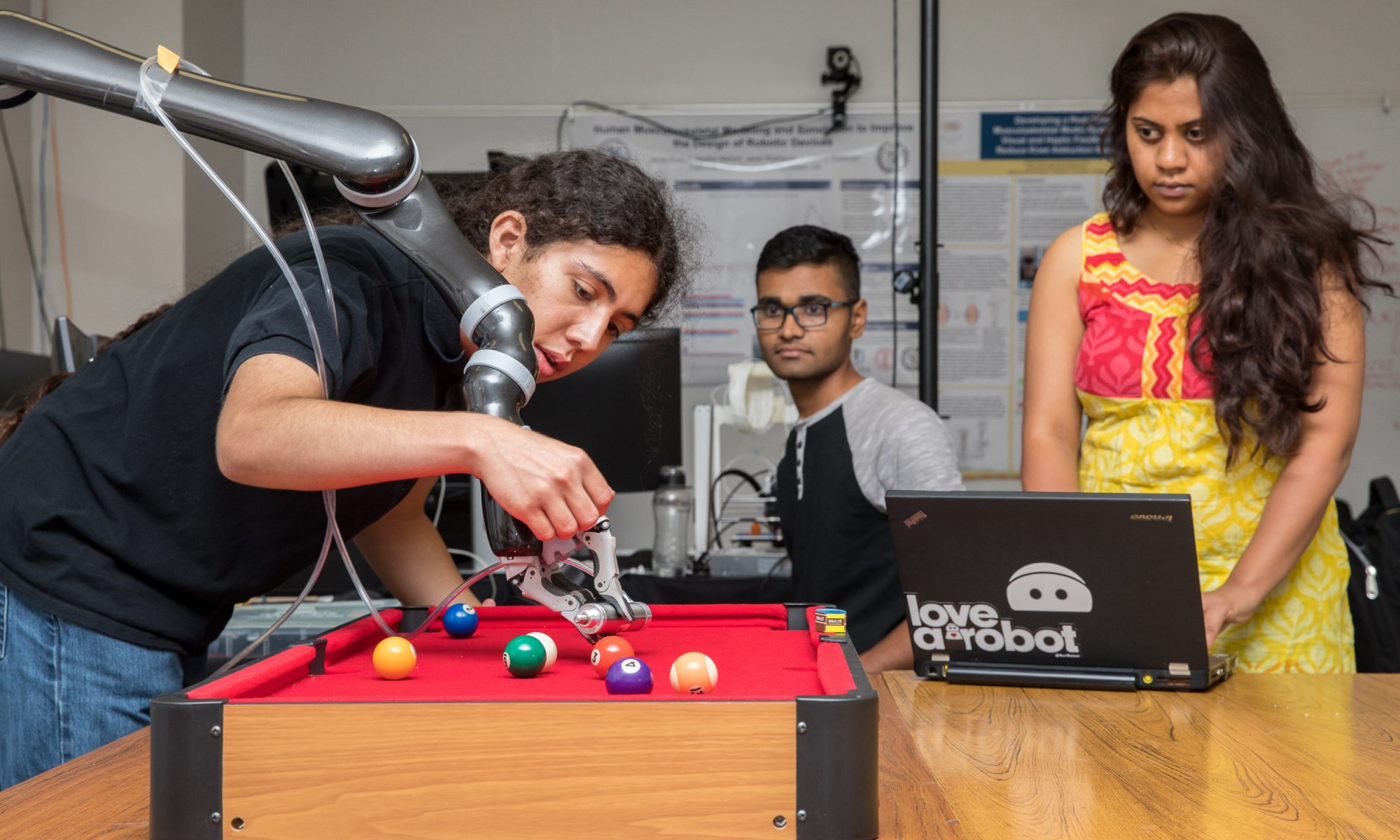 CSULB Computer Engineering and Computer Science Chair Burkhard Englert will participate this summer in an initiative to increase the percentage of women and students of color majoring in computer science.
CSULB Computer Engineering and Computer Science Chair Burkhard Englert will participate this summer in an initiative to increase the percentage of women and students of color majoring in computer science.
The Building, Recruiting and Inclusion for Diversity (BRAID) initiative was launched three years ago. It is led by the Anita Borg Institute and Harvey Mudd College, in partnership with more than a dozen universities across the nation and the National Center for Women & Information Technology. BRAID is funded by Facebook, Google, Intel, Microsoft, the Computing Research Association, and the National Science Foundation.
University participants have committed to approaches to increase diversity within their computer science departments. Each department also provides data for a research study. Led by UCLA researchers Dr. Linda J. Sax and Kate Lehman, the research project will investigate the effectiveness of various efforts to recruit and retain more women and underrepresented minority students in the computer science major.
Englert will be attending the BRAID Summit, where representatives from the schools share their successes and challenges with efforts to build more inclusive computer science departments. Making intro classes more welcoming by experimenting with different programming languages and pair programming are among the successful strategies universities have used, according to ABI. Participation in the Grace Hopper Celebration for Women and Computing also builds confidence among female and other underrepresented students.
Other universities participating this summer include Duke University, McGill University, University of St. Andrews, and University of California Los Angeles.
BRAID enlists BEACON schools that have changed their programs to promote diversity in their computer science departments. The schools include Harvey Mudd College, University of British Columbia, University of Washington, California Polytechnic State University-San Luis Obispo, Carnegie Mellon University, and Massachusetts Institute of Technology.
About one-quarter of computer science master’s degree recipients were women in the 2014-15 academic year, up from 22 percent in the previous academic year, according to the Computing Research Association’s most recent Taulbee Survey, which includes responding universities in the U.S. and Canada. Women, however, account for only about 16 percent of bachelor’s degree recipients in computer science and 11 percent of bachelor’s degree recipients in computer engineering in the latest survey.
When it comes to ethnicity, whites account for more than half of bachelor’s degrees awarded in both computer science and computer engineering. Asians made up almost one-quarter of computer science bachelor’s degree recipients, while Hispanics and African-Americans accounted for 7 percent and 3.5 percent respectively, according to the most recent edition of the survey.

